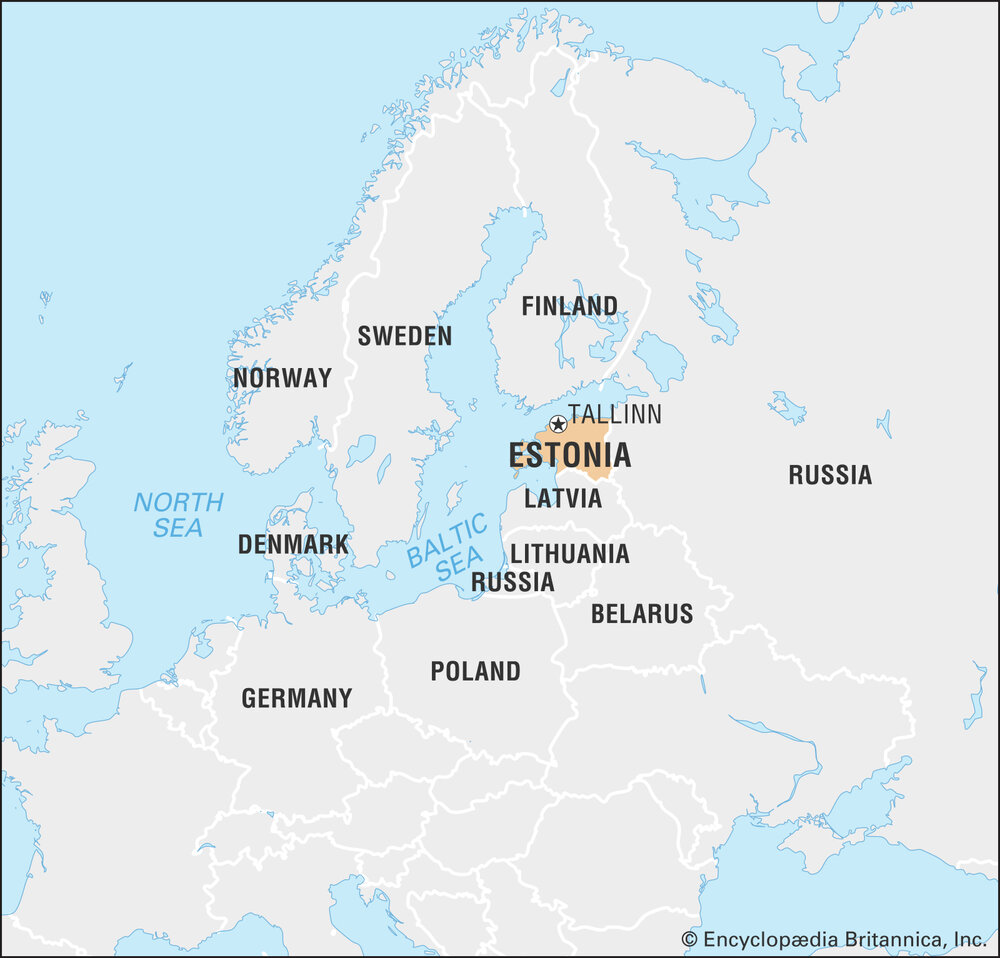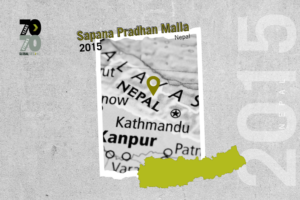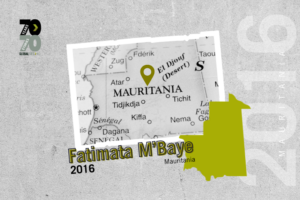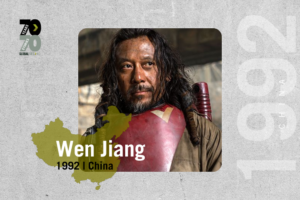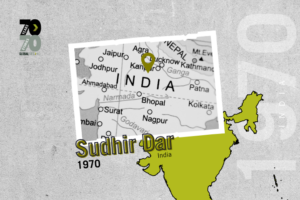Along the coast of the Baltic Sea lies a small, quaint country called Estonia. The country is blessed with beautiful landscapes, historic architecture, and a rich blend of Baltic, Germanic, and Nordic cultures. In great part because of their unique location, for centuries, the Estonian people have lived through occupation, from the Danes, Germans, Poles, Swedes, and most recently as a part of the Soviet Union. In 1939, when the Molotov-Ribbentrop Pact was signed between Germany and the USSR, secret provisions allowed Stalin to define his sphere of influence to include Estonia, Latvia, and Lithuania. The Pact became the basis for the Soviet occupation of Estonia in the 20th century. It was not until August 20th, 1991, that the Estonian people successfully declared re-independence.
Emerging from this long and troubled period, the Estonian people have spent the last thirty years re-establishing their own unique identity and sense of national pride. Namely, the Estonian people have pioneered the world’s most sophisticated system of digital infrastructure and governance. Today, Wired has dubbed Estonia “the most advanced digital society in the world.”
That said, what precisely happened in this small Baltic country that resulted in this title? Over the last decade, Estonia has constructed a system of digital infrastructure that made nearly all of its government services available online. 99.9% of Estonian public services are digitally accessible. This includes everything from filing taxes to viewing healthcare records to voting in federal elections. Most notably, Estonia has developed an e-Residency program to facilitate “the first digital nation for global citizens.” E-Residency gives individuals a unique digital identity in Estonia, which helps attract international business efforts to the country.
One of the local leaders who benefits from the e-Residency program is IVLP Alumni, Ms. Kadri Arrak. Kadri is currently a Marketing and Communication Manager at the Tartu Science Park Foundation, and she visited Kansas City through a Science and Technology Entrepreneurship Program during the summer of 2019. She claims that these digital innovations have made living and doing business in Estonia very easy, in addition to bringing tremendous growth to the country’s entrepreneurial community.
For anyone questioning whether these digital initiatives are too good to be true, the numbers don’t lie. In 2019 alone, the e-Estonia Briefing Center boasted over 12,000 visitors. To date, Estonia has over 60,000 e-Residents. As well, almost 98% of the country’s tax declarations are filed and submitted online. In order to ensure that Estonian citizens understand how to access these digital services, the government has mandated that technology and computer literacy are taught to schoolchildren from an early age. Thus, not only does the country have some of the world’s most impressive digital technologies, they also have a highly digitally literate population. With that in mind, it is unsurprising that Estonia has been developing some of the most innovative online solutions to address the world’s latest crisis – COVID-19.
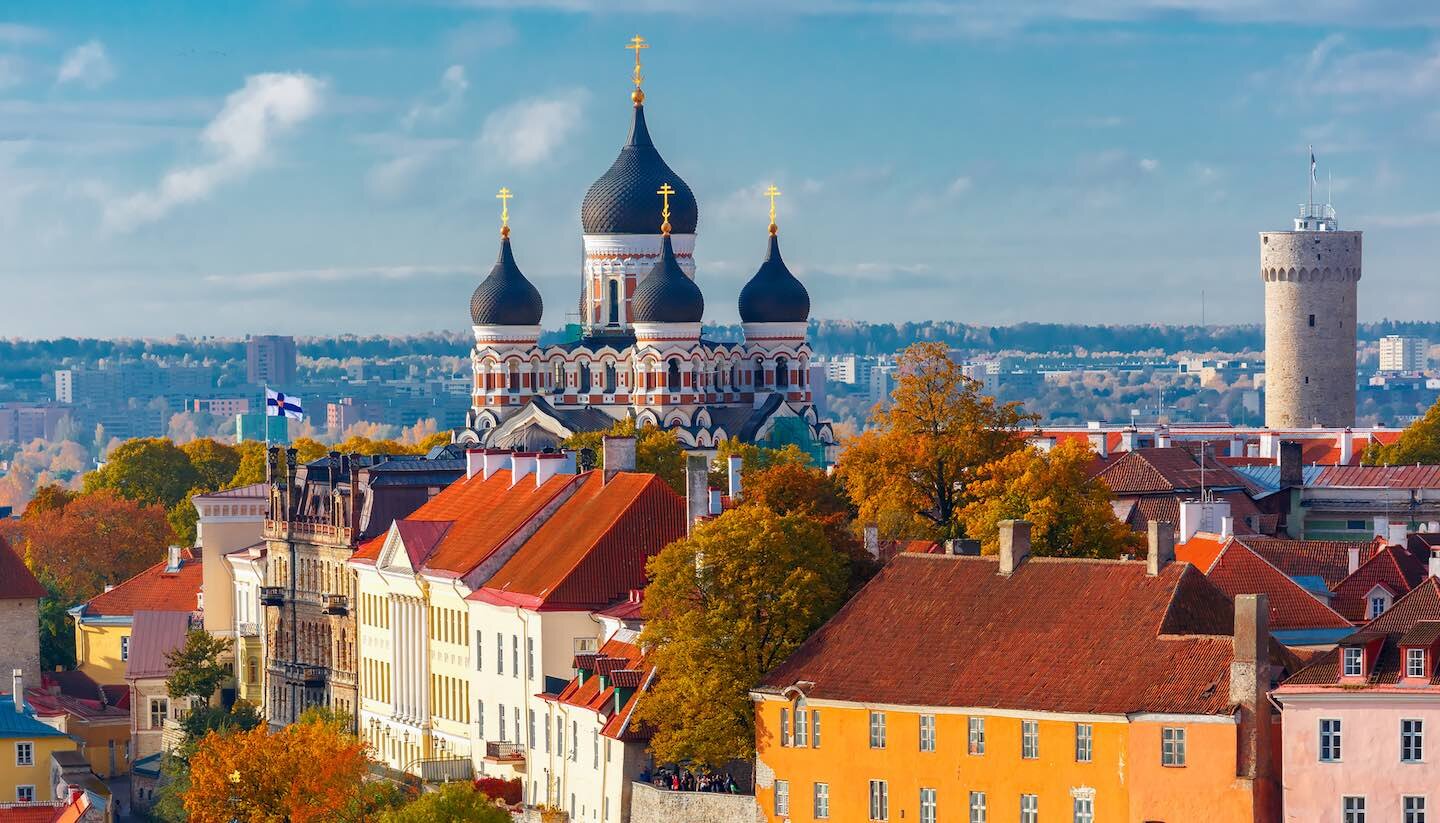
Kadri recently reconnected with the Global Ties KC team to share how Estonia has been battling the global pandemic and her thoughts on how COVID-19 would shape the future of Estonia. She discussed how on March 12th, the Estonian government announced its shelter-in-place order. Within 24 hours, Accelerate Estonia – a project under the country’s Ministry of Economic Affairs – launched Hack the Crisis, an online hack-a-thon where teams of programmers could develop applications that would help Estonia during and after the COVID-19 crisis. The impressive turn-around time on this initiative is a strong testament to the country’s commitment to utilizing technology to solve modern problems. What’s more, the hack-a-thon successfully produced multiple important applications that have been critical in Estonia’s fight against the pandemic. Apps were developed to teach young children about Coronavirus safety, to connect volunteers to communities in need, and even to create workforce sharing platforms in the case of Share Force One. Kadri noted the particular successes of EdTech apps that helped her own children transition into the homeschooling process.
All the while, there was a looming question in Estonia about how the country could harness its vibrant entrepreneurial spirit in order to keep communities connected and address their needs. Beginning in March, companies and organizations quickly began transitioning their services online. Free webinars have allowed locals to develop a variety of professional and personal skills from the comfort of their own homes. Innovators developed new technologies to help with the contactless delivery of basic foodstuffs and medical supplies. As a result of all of these services, the COVID-19 numbers in Estonia have remained relatively low.
Estonia’s most recent innovations have continued the country’s trend of excellence in the online realm. What’s more, they can serve as an example for tech-based entrepreneurs and innovators around the world who are devising new ways to move from location-based services to online ones. Kadri told Global Ties that exploring these alternatives will be critical even after the pandemic has passed. In light of this reality, there has never been a greater need for international exchange and citizen connections, even through virtual means. Kadri said it herself – “If you’re connected, you can do anything.” What a tremendous time to reflect on the need to seek virtual platforms to connect citizens from around the world so that they may learn from each other and develop solutions to tackle today’s problems.


